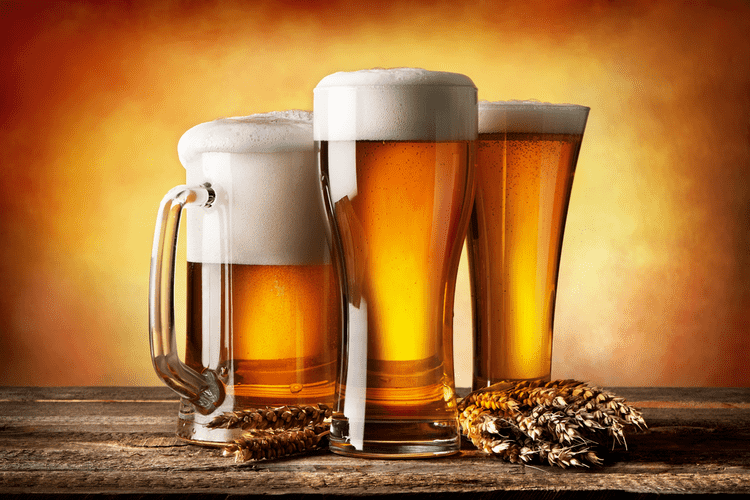Alcohol use — especially in excess — can also pose other risks to your health. Blood thinners are broadly categorized into anticoagulants and antiplatelets. Anticoagulants affect the chemical steps leading to clot formation, while antiplatelets prevent platelets from clustering into clots.
Understanding the Risks of Alcohol with Blood Thinning Medication
- Experts suggest moderate alcohol consumption is generally safe while taking blood thinners.
- Doctors warn people who are taking Aggrenox to moderate their alcohol consumption.
- Individuals might notice easy bruising, nosebleeds, or bleeding gums that do not stop readily.
- It is important to discuss alcohol consumption with a healthcare provider.
- If you’re healthy, this short-term effect rarely poses a significant bleeding risk, nor does it robustly protect you from cardiovascular events.
Understanding the potential risks and interactions between alcohol and blood thinners is crucial for your overall health alcoholism treatment and well-being. If you are taking blood thinners, it is important to prioritize moderation and responsible drinking. Monitoring for signs of bleeding, such as unexplained bruising or prolonged bleeding, is also essential. If you experience any unusual symptoms, promptly seek medical attention.

Moderation and Responsible Drinking
- This may result in unpredictable variations in drug levels in the body.
- Conversely, heavy drinking is characterized by consuming 5 or more drinks on any day for men, or 4 or more drinks on any day for women.
- For individuals taking warfarin, an international normalized ratio (INR) test measures the blood’s clotting time.
- Moreover, alcohol can raise the likelihood of falls or injuries, and any wound can become more serious if blood does not clot properly.
Alcohol, a substance often enjoyed socially, can have a profound impact on your body’s blood clotting can alcoholism cause blood clots process and blood vessels. In moderate amounts, alcohol can decrease your blood’s clotting ability, leading to a thinner consistency and reduced clot formation. However, the tale of alcohol’s impact on blood clotting doesn’t end there.
Does Alcohol Affect Deep Vein Thrombosis?
- If you or a loved one is struggling to stop using alcohol, Orlando Recovery Center is here to help.
- If you’re taking anticoagulants, you should speak to your GP, anticoagulant clinic or pharmacist before taking any other medicine, remedy or supplement.
- To summarize, if you are on blood thinners, it is best to avoid consuming alcohol.
- By preventing clot formation, these medications help ensure proper blood flow to vital organs.
They also highlighted that long-term heavy drinking and binge drinking may increase someone’s risk of various cardiovascular conditions. Keep a close eye on any signs of bleeding or unusual bruising while consuming alcohol and taking blood thinners. If you experience prolonged bleeding, excessive bruising, or any other concerning symptoms, seek immediate medical attention.


You may have a higher chance of getting clots in the veins in your legs after a hip https://makemarchmatter.org/ivdu-intravenous-drug-use-risks-and-harm-reduction/ or knee replacement. This is called deep vein thrombosis, which can cause a pulmonary embolism, which is when a blood clot breaks off your blood vessel and travels to your lungs, where it gets stuck. But anticoagulants can help prevent deep vein thrombosis after surgery. The combined effects of blood thinner medications and alcohol are dangerous because they can cause excessive bruising and bleeding.
